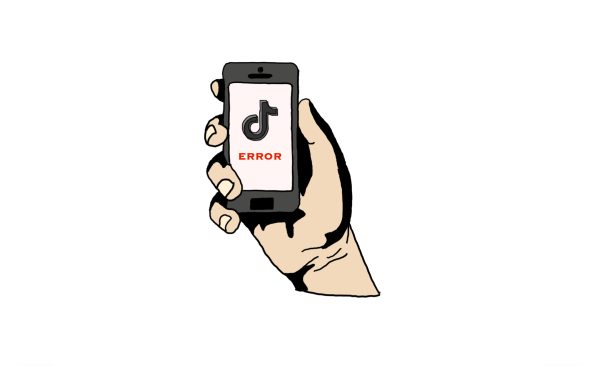Dependence on satirical news irresponsible
Credible sources must be relied on, appreciated
Given the the recent increase in frequency and intensity of non-credible reporting, students must be able to distinguish trusted news sources from satirical news sources.
As many debate the impact of fake news on politics and global events, the effects and influence of satirical news have been largely disregarded.
Oftentimes, readers are unable to or don’t take the time to classify news coming from satirical sites as being non-credible. Trusting the content can result in the reader sharing the news with others.
Such was the case when Fédération Internationale de Football Association (FIFA) ex-vice president Jack Warner shared a satirical article from “The Onion,” a comedic news source, on social media.
Warner cited the article, which jokingly claimed the United States was hosting the 2015 FIFA World Cup, in his response to allegations of fraud from the international soccer community.
Although bias and a lack of seriousness are often main components of satire, many young Americans rely on it to stay informed for various reasons.
Perhaps one of the most significant reasons young Americans rely on satire to stay informed is the ‘journalist’s’ appeal to the audience.
This phenomenon can have terrible consequences. Viewers placing their attention on the comedian’s personality rather than the content can manipulate them into caring more about the presentation of the stories rather than the quality of the reporting itself.
The public’s tendency to get their news from alternative sources (including satire) results in the decline of traditional sources such as newspapers and the growth of non-credible sources.
In 2015, the Poynter Institute reported major layoffs in traditional media sources around the country, including the Los Angeles Times, Boston Globe and the Philadelphia Inquirer that year alone.
With a significantly lower amount of ‘serious’ journalists working for the press, the problem of satirical news being used for personal belief rather than entertainment will only grow.
Americans must understand and appreciate the importance of credible reporting while choosing to receive their news from non-satirical sources. The reliance on satire as a news source and the subsequent decline of traditional media threatens the core virtues of journalism by contributing to the spread of non-credible reporting.

Hello,
My name is Will Huyck but most people here know me as Dark Lord Opinions Master and/or Donovan McNabb. My position on staff is Opinions editor...












